We often overlook the easiest place to get herbs and spices for herbal remedies – our kitchen cupboard. If you didn’t have access to online herb stores or essential oils, use these items from the cupboard.
I was thinking today about the minimal resources someone would need to make herbal remedies if they didn’t have access to online herb stores or essential oils. And I started thinking about what you have in your hands already to stay healthy, manage minor illness and accidents, and avoid complications to health challenges.
Almost everyone has access to a spice cupboard stocked with a few important herbs and spices like oregano, thyme, onions, garlic, honey, ginger, cinnamon, nutmeg, clove, turmeric, pepper, anise seed or fennel seed, peppermint, cumin, and cayenne. You might even have a few specialty spices that are used in your family’s traditional cooking. But did you know that you could use these same herbs and spices to stay well, manage minor illnesses, and feel better faster? You just need to know more about the treasure that you have in your spice cupboard.
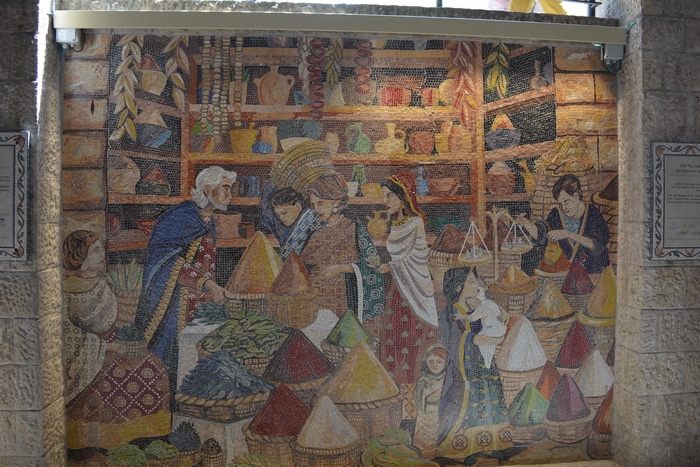
Herbs and spices are super high in antioxidants. They are antibacterial. In the past, they were used to preserve food without refrigeration. They promote healthy digestion and help your body absorb more nutrients from your food. But many are also anti-inflammatory and helpful for respiratory complaints, joint pain, and even relaxation. Our ancestors didn’t have over the counter drugs to pull out for sickness. So they relied on the spice market, their gardens, and their hedgerows for most of their medicinal needs. Doctors were only called on in emergency situations.
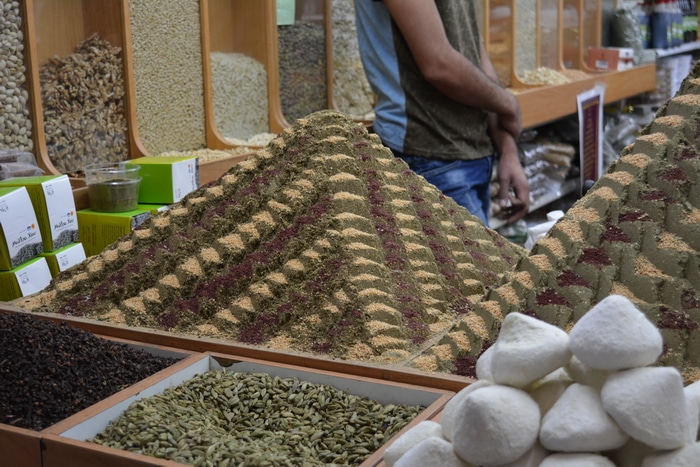
Here’s what those herbs and spices have in their “back pocket” that you might not even have known about.
Using herbs and spices for herbal remedies
The herbs and spices in your kitchen are:
- High in Antioxidants
- Anti-microbial, anti-bacterial
- Supports the immune system
- Antifungal
- Brings blood pressure into the normal range
- Helps with healthy weight loss
- Reduces food cravings
- Anticancer, anti-tumor
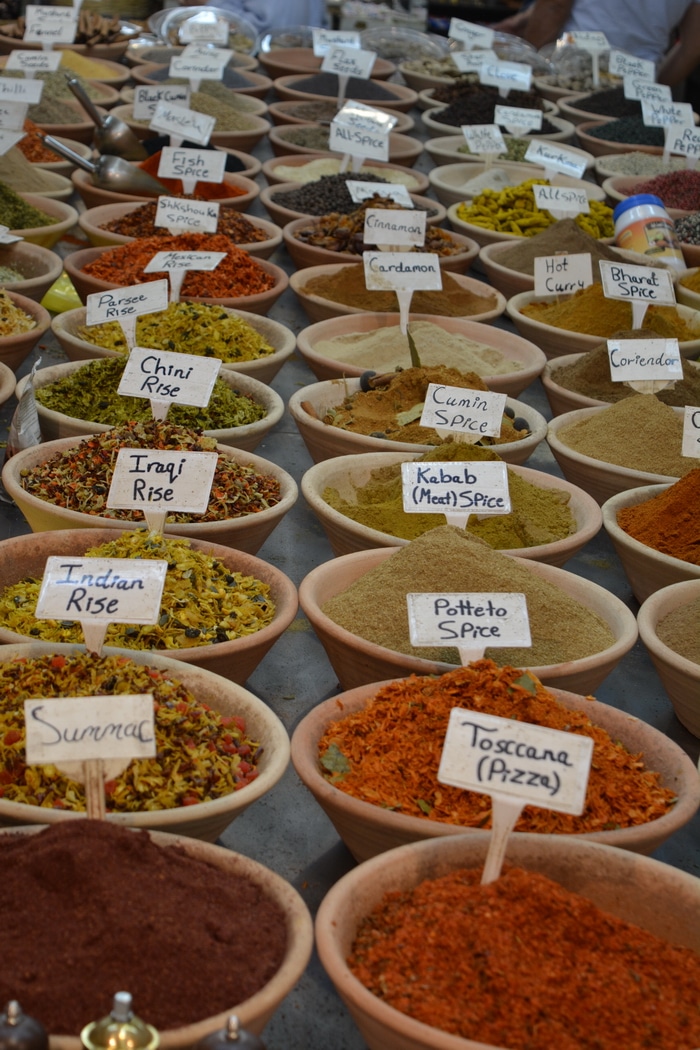
- Detoxifying
- Liver Support
- Anti-inflammatory
- Reduces joint pain
- Supports the cardiovascular system
- Digestive Aid
- Increases energy, reduces fatigue
- Tonic
For instance, cayenne pepper, that little red pepper that grows in so many gardens every summer has some amazing properties. It’s actually pain relieving. And if you cut yourself while cooking, just grab the cayenne pepper and sprinkle a generous amount on the cut. The bleeding will stop, and so will the pain of the cut, as the cayenne numbs the pain sensors. This is why cayenne salve is used as a joint pain remedy.
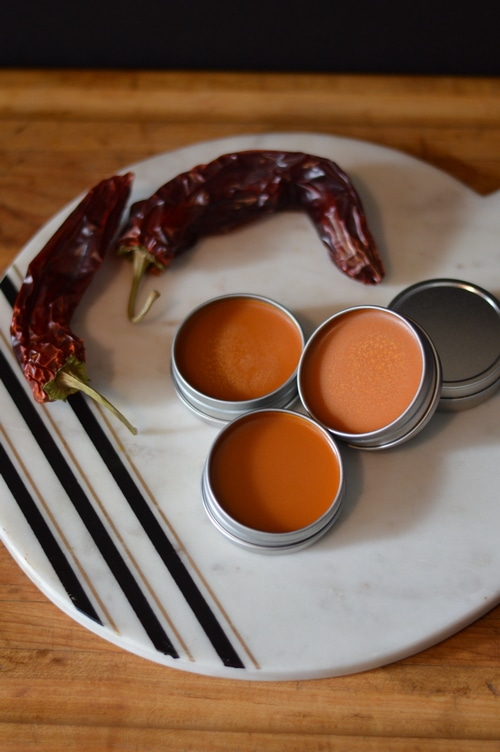
If you are struggling with weight loss several herbs and spices can speed up your metabolism, curb your appetite, and help strengthen your will power.
If you are struggling with cold and flu symptoms, these same herbs and spices can make you feel better more quickly. We had some visitors from France a few years ago, and I started feeling stuffy like I was getting a cold. This was before we planted the elderberry bushes. Our guest, Marie headed out to my garden and harvested fresh sprigs of thyme, oregano, and sage and brewed a cup of strong herb tea from it, like her grandmother made for her in France. I felt better very quickly. Warming spices like cinnamon and ginger can also help with cold and flu symptoms.
Anise seed, fennel seed, or anise hyssop herb can help with indigestion, nausea, and help you relax after a stressful day.
Garlic and onions are very high in antioxidants and garlic can help you manage your blood pressure. Garlic and ginger can reduce your tendency to form clots and if you have a high risk of stroke, eating garlic and ginger every day can lower your risks by making your blood less sticky.
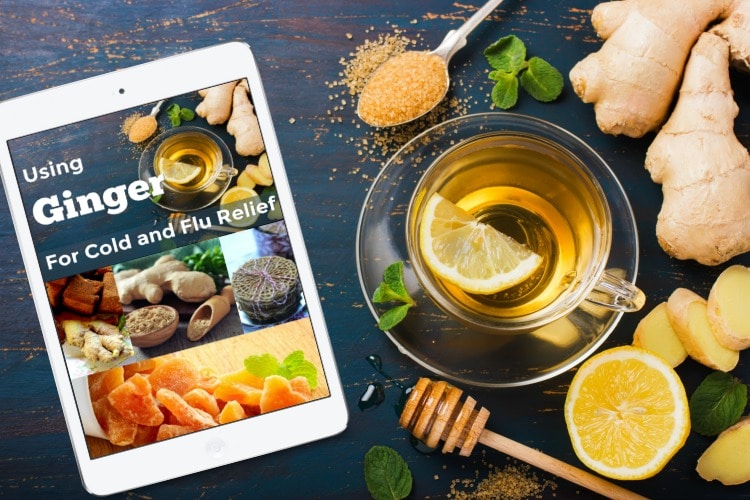
Cinnamon and cloves are highly antimicrobial, antibacterial, and antifungal. When you are replacing your herbs and spices with fresh, save the cinnamon and use it to prevent damping off disease on your tomato starts. A tea made with clove, cinnamon, and ginger can help with sinus congestion, sore throat, and the aches and pains of the flu or a cold.
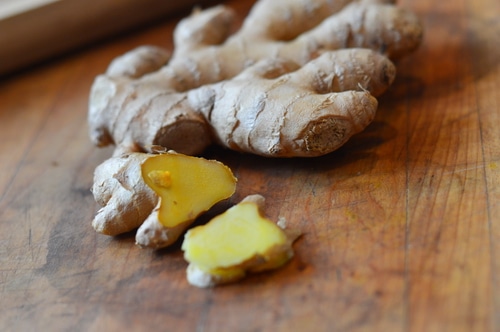
I’m just offering a hint here of what those herbs and spices that you already have in your kitchen can do for your health.
- Buy those spices fresh and keep them fresh by storing them in the fridge or in a cool, dry place. Avoid storing them in a hot cupboard right next to your kitchen stove. Fresher spices have more antioxidants and other superpowers for your health.
- Use organic herbs and spices as much as possible. When herbs and spices are sprayed with chemicals they need to use up some of their antioxidants to combat the chemical assault, leaving less for you.
- A few foods that you might be tossing out now, like lemon peels and orange peels, have the potential to be added to your spice cupboard. I like to grate the zest off of any lemons or oranges before juicing them. I dry the zest on a paper towel in my kitchen and add it to my spice cupboard when fully dry. That orange zest and peel have a higher vitamin C concentration than the flesh of the fruit. And we all know that vitamin C supports the immune system.
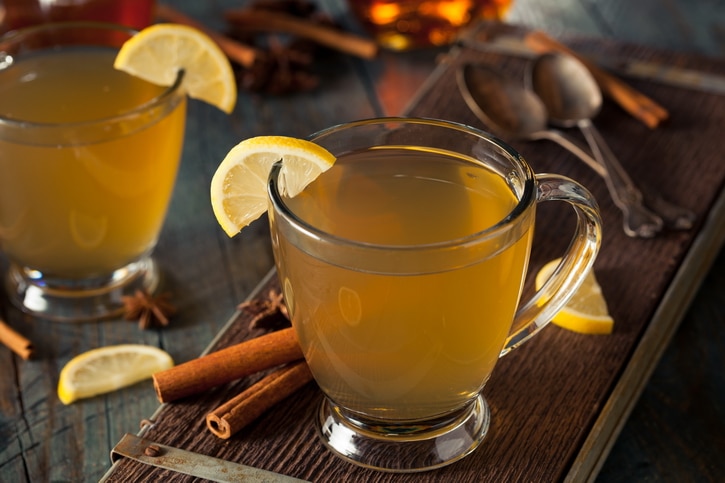
If you’ve overlooked your kitchen spice cupboard as a source for herbal remedies, take a fresh look today. You may not have to wait until you can afford that big order from Starwest Botanicals or your Oil of the Month package to arrive from Plant Therapy before you can make effective herbal remedies at home. You may just need to get to know the herbs and spices in your kitchen cupboard a bit better.
Grab the book Healing Spices, How to Use 50 Everyday and Exotic Spices to Boost Health and Beat Disease, by Bharat B. Aggarwal, PhD from your public library or from Amazon and start getting to know the spices in your kitchen cupboard much better.
As always this post is not a substitute for professional advice. Talk to your doctor if you are taking prescription medications before adding herbal remedies to your protocol.


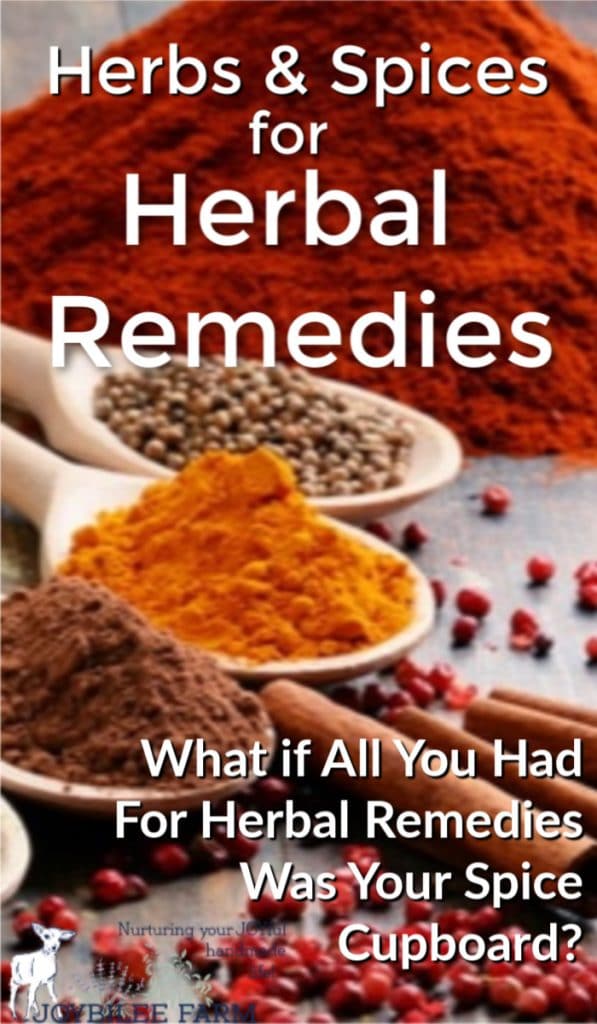

Leave a Reply